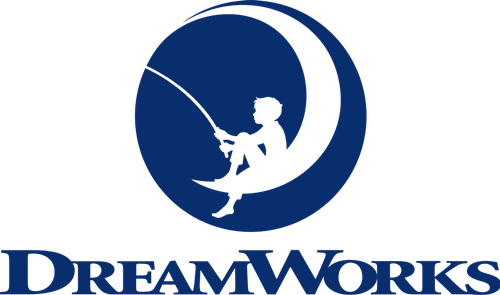In most cases, the words being used in antagonist fussing apply only to actors and not to characters. Only "antagonist" is specifically about characters. "Protagonist" can apply to either actors or characters, depending on which definition is used.
Definitions
Here are the definitions of the words being used, as shown on Dictionary.com:
- Protagonist
- The leading character, hero, or heroine of a drama or other literary work.
- The leader or principal person in a movement, cause, etc.
- The first actor in ancient Greek drama, who played not only the main role, but also other roles when the main character was offstage.
- Deuteragonist
- The actor next in importance to the protagonist. (From ancient Greek, which would go along with definition #3 for Protagonist.)
- Tritagonist
- The third member of an acting troupe, which always consisted of three actors.
- Tritagōnistḗs (third actor). (From ancient Greek.)
- To contend, struggle, compete for the acting prize.
These three words were developed from ancient Greek theater because only three actors were involved in a production and each played several parts.
- Antagonist
- Adversary; Opponent; A person who is opposed to, struggles against, or competes with another.
- The adversary of the hero or protagonist of a drama or other literary work.
- Primary
- The most important character in a group. Words like "main" or "lead" should be used instead, however, because using "primary" encourages people to then start using other qualifiers like "secondary" and "tertiary".
- Secondary
- The second-most important character in a group.
Does not mean "second", "two" or "a duo", as in, "out of this group of characters, this is the second antagonist".
- Tertiary
- The third-most important character in a group.
Does not mean "third" or "a trio", as in, "out of this group of characters, this is the third protagonist".
Made-up words
- Quadragonist — Has been used either to mean the "fourth antagonist" or else a "fourth-level antagonist that is less of an antagonist than a tertiary antagonist".
- Teratagonist — Same dual usage as "quadragonist".
Made-up words cannot be used to describe a character.
Valid uses of words
- For protagonist, definition numbers 1 is applicable. Definition #2 would be used to describe a person involved in a real-world event. Definition #3 does not apply to characters.
- For antagonist, either definition is applicable.
- Tritagonist: only applies to acting or actors and cannot be used for characters.
Though "quaternary" and "quinary" have valid definitions when talking about groups of four or five, they cannot be used here as they have previously been used in the same manner as "teratagonist" and this is antagonist fussing.
